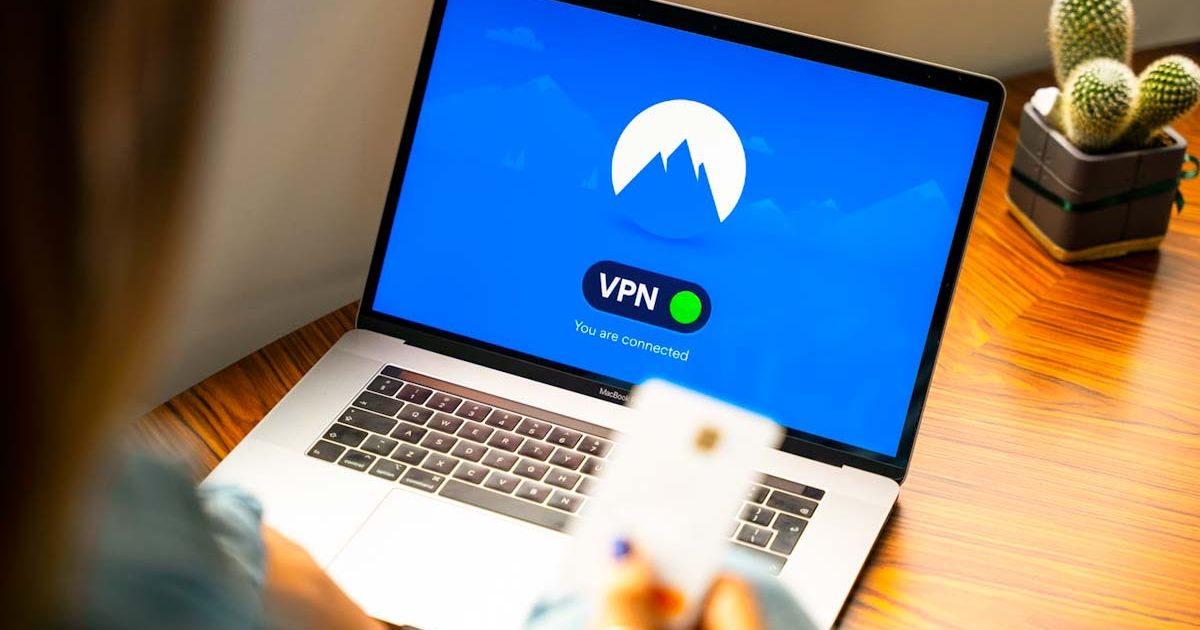If you're using a VPN to keep your data secure, you may be wondering how much battery VPNs use on portable devices. Can you realistically use the protective software while you're out and about, or does VPN drain battery so quickly that it isn't worth it?
That's the question we'll be examining today. Will VPN drain the battery? And if so, how much? We'll take a look at the trade-off between security and battery life, so you can decide where your priorities lie. How much battery does VPN use? Let's find out.
Does VPN Drain Battery?
A VPN will use your battery. But as to whether it will 'drain' the battery, is another matter. Battery consumption will depend on a wide range of factors. But like any app that is running in the background, if you have a VPN, it will be constantly tapping into your battery in order to do its job. There are several different reasons why a VPN might use the battery. These include:
- Encrypting your data - any data you send will be encrypted, and data you receive will be decrypted. This will require energy. As a rule of thumb, the higher the level of encryption, the more energy it will take to use.
- If your VPN is running in the background, it will continue to consume battery power. When it's on, it tries to maintain a connection to the VPN server. This draws power for processing, but also for keeping the wireless connection.
- If you don't have a strong signal, then your device uses more power while it tries to keep hold of that connection. With a VPN, this is amplified, as they often work even harder to keep a connection.
Other variables that will influence battery life include how you use your VPN, whether it's on all the time, what type of encryption you are using, and whether you're using an optimised CPU.
With all this in mind, it's hardly surprising that a VPN will use your battery. But exactly how much of an impact will it have? Let's find out exactly how much battery VPNs use.
Read More: How to install ExpressVPN on an iPad
How Much Battery Does VPN Use On iOS, Android, And Laptop?
While it's difficult to give an exact answer to this, as a rough rule of thumb, if you were using a VPN while going about your normal day-to-day business, the consensus suggests that you may expect to see a 5-15% drop in battery life, over and above what you'd otherwise see.
As we mentioned earlier, there are so many variables around how much battery VPNs use, that it's difficult to be precise with it. In many cases, your best bet is to try one, and see whether you notice a particularly significant difference or not. In many cases, the difference will be negligible. But if you do see a stark contrast, there are some steps you can take to save battery life.
How to Save Battery Life While Using VPN
Most obviously, only turning on the VPN when you actually need it, will make a difference. It won't be running in the background if you do this.
If you are seeing a rapid deterioration in battery levels, then consider switching to a different VPN provider. Some may have noticeably lower demands on your battery than others.
At home, you can install a VPN on your router, so you can switch it off on your phone or laptop, but still enjoy the security benefits of a VPN.
Finally, take a look at the settings you have on your VPN. For example, you may decide you don't need the highest level of encryption, so changing this might save some juice. But otherwise, you may be able to turn off functions you don't need, or switch on a battery-saver mode (if your VPN provider offers it).
Read More: Surf Smarter: Five Reasons You Need To Be Using An Internet VPN (Sponsored)





